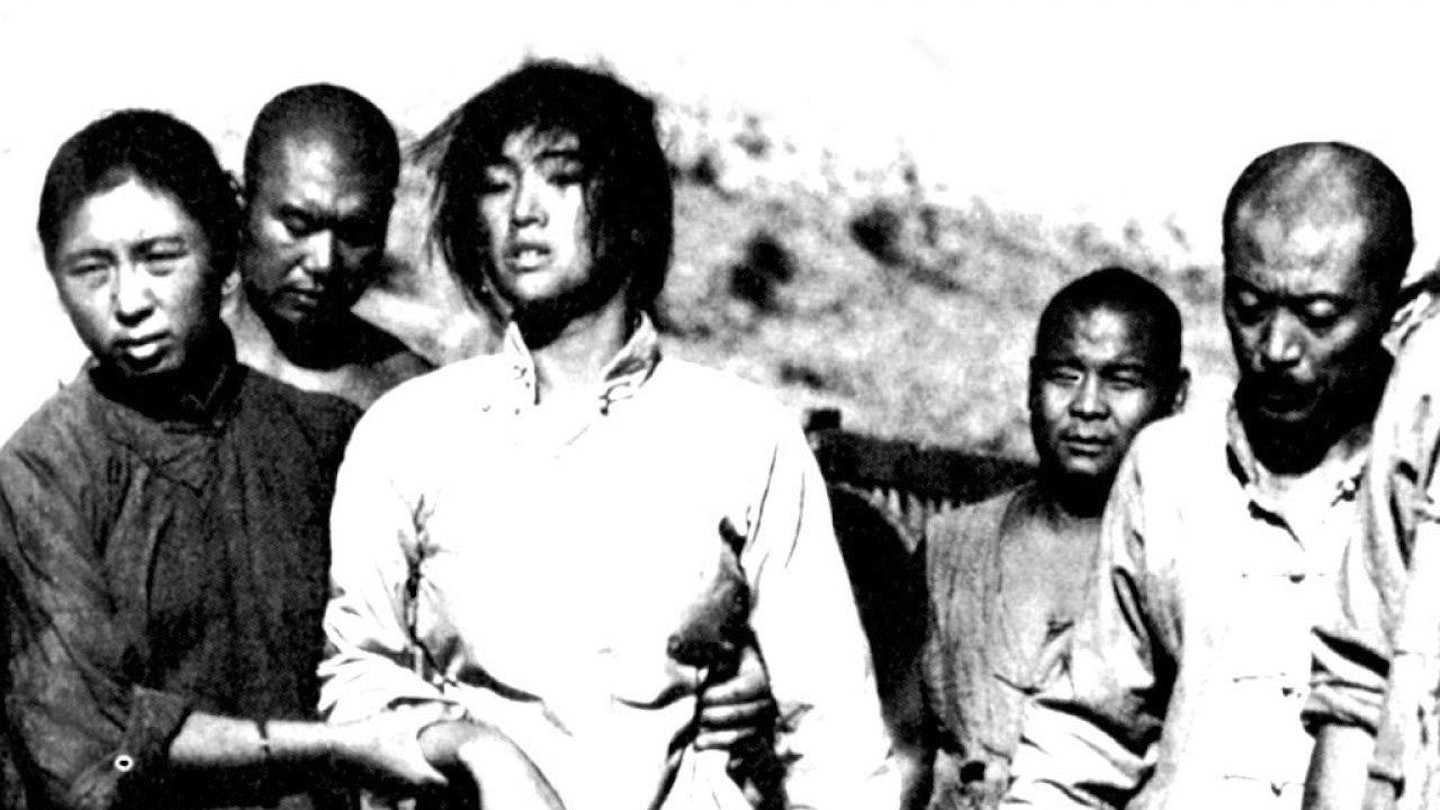Graduating from the Beijing Film Academy in the same 1982 class as Chen Kaige and Tian Zhuangzhuang, Zhang Yimou photographed Chen's Yellow Earth and The Big Parade before making his award-winning mark as an actor in Wu Tianming's Old Well. He turned director with this earthy adaptation of novelist Mo Yan's treatise on ancestry and the spirit of the peasantry, which not only won the Golden Bear at Berlin, but it also became the first Fifth Generation feature to score with domestic audiences and made a major star of the debuting Gong Li, who became Zhang's muse over the ensuing decade.
Ostensibly, this appears to be a paean to the indomitability of the Chinese people. The disease-ridden winery owner (to whom Jiu'er was exchanged for a mule) clearly represents the corrupt Ching dynasty that was toppled in 1911, while the emphasis on collective action suggests the nation's predetermination for the Maoism that would triumph just five years after the vanquishing of the Japanese.
But, as ever with Zhang, the supposedly heroic action is rife with visual and thematic subversion. By setting the story in the barren wilderness around the north-eastern Gaomi Township, Zhang departed from the lush southern landscapes that Beijing preferred to see extolled on screen. He also depicted his protagonists in a far from idealised light, as he permitted them to indulge their basest instincts, right down to urinating in the wine vats (which, ironically, improved the flavour). Moreover, by allowing the only avowedly Communist character to perish at the hands of the invading imperialists, Zhang also suggested that the workers resisted their tyranny through their own innate heroism, just as their own labour and ingenuity had revived the fortunes of the winery.
Red may dominate Zhang's palette, most notably in the climactic sequence in which Jiu'er's blood mingles with the wine and trickles into the sorghum field as an eclipse bathes the entire scene in intense colour. But it represented life and death, birth and renewal, and the physicality and humanity of the villagers as much as it did the Party.
